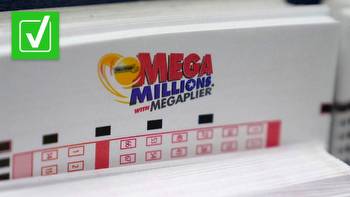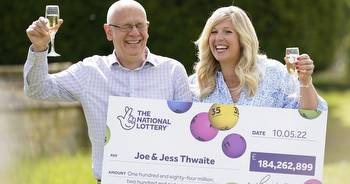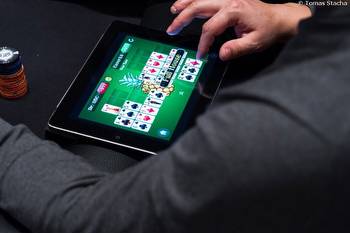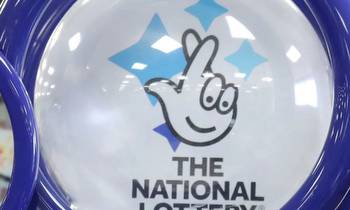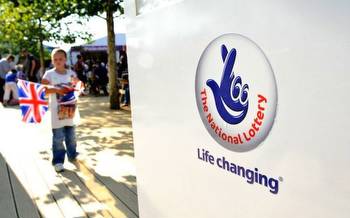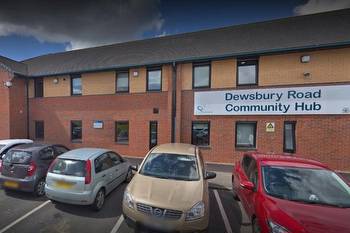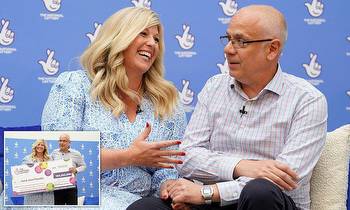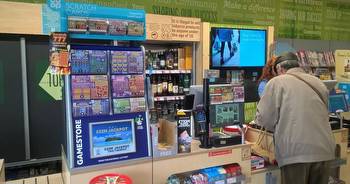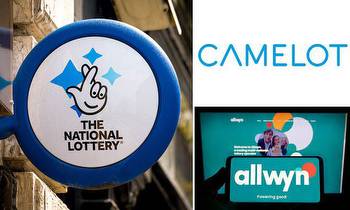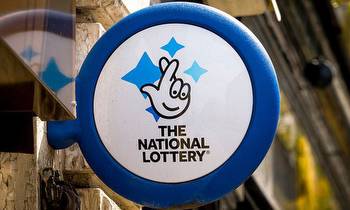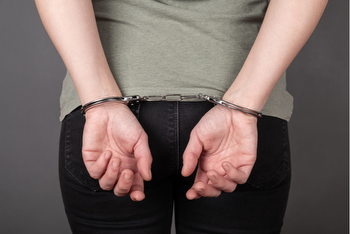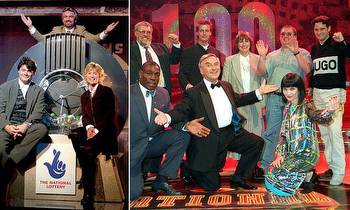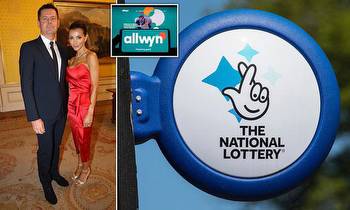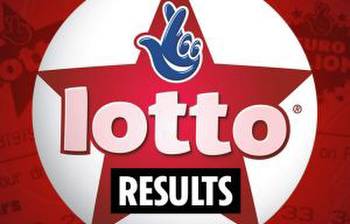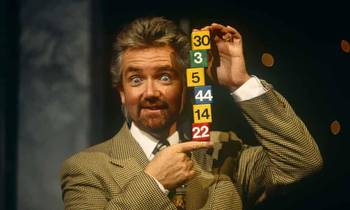Mum thought she was sharing £123m Euromillion jackpot win

The single mother is using her harrowing experience to warn others to be be aware of the scam after she handed over thousands of pounds to a man who claimed he had won the lottery
A single mother duped out of thousands of pounds in a brazen lottery scam has is warned others of the scam.
The mother, 44, who does not wish to reveal her identity, was bled of cash by a man who told her she would be rewarded with £500,000 of the £123 million Euromillions jackpot he claimed had won. She met the fraudster inside a McDonald's at Solihull, Birmingham to complete a £5,000 cash loan - which the man needed for his mother's open-heart surgery in Pakistan.
He told her that his mother was too ill to wait for his jackpot. However, the mother did not realise the third biggest prize in UK lotto history remained unclaimed at that time, say Birmingham Live. Lottery organiser Camelot said a player has come forward to claim last Tuesday's prize three days ago.
The mother said: "I wasn’t naive, I was stupid. In this day and age, I find it really hard not to help people. That’s my downfall – I’m still in the 1980s. He spoke about God, he quoted scriptures, he even said ‘You have to be careful of fraudsters’ We are Muslim, we are born and bred English. People like this who are using our religion to rob people like us, it is so wrong."
The victim’s brother is a prominent Birmingham businessman, a name well-known in the city – and he has agreed to co-operate to prevent others falling victim to the fraud. "My sister is gutted and ashamed,” he says. “We are rallying round, trying to lift her spirits.” The managing director has met the fraudster with his sister.
“He was very smooth, very plausible,” he says. “Half the time, he was in tears... ’I can’t believe what you guys have done’ he told us. ‘I don’t even know you guys, and you’ve done this for me when my own friends won’t give me a tenner’. “Yes, I smelled a rat, but, by then, my sister was in too deep. I did question it in my mind because it was such a big jump, but my sister fell for the sting. I told her ‘If you’re sure...’.”
At least the businessman has one key piece of evidence. He took a photo of the individual’s driving licence as proof of identity. The document and name on it may be bogus – there is certainly no-one of that name at the address given – but the image IS the man who claimed to be a new multi-millionaire.
A picture of that licence has been presented to Action Fraud, a government body tasked with tackling deceptions. West Midlands Police has also been informed. The Sunday Mercury has a copy of the licence, but we have blurred the name and passport picture to assist the authorities in their probe.
NatWest Bank has also been given details of the account in which the victim’s money was deposited. The “sting” was far from sophisticated. The excited gambler entered the business where his victim worked, brandishing a bogus ticket. He claimed the chit had been checked at the nearby Sainsbury’s and staff had told him Camelot needed to be contacted immediately.
He did not trust supermarket workers to make the call and begged the vulnerable mum and a male colleague to let him use their phone. He dialled, claimed his grasp of English was too poor to understand the information given, and handed the phone to the workers.
It was they who were given the bombshell ‘news’ that one of the biggest winners in Lottery history was standing in their shop. It was they who were told to inform the gambler he should travel to Watford immediately to collect his prize. She and the co-worker even clubbed together to pay the stranger’s fare after being assured they would be reimbursed.
“The woman on the phone was posh and English,” says the mum. “Everything checked out: the numbers, the date on the ticket. It was all positive.” The shopworkers paid £100 for the winner’s accommodation in Watford, and another £140 which she believed was for accommodation at a Wolverhampton Travelodge because he did not want to return to his Birmingham home – and, finally, the thousands of pounds for heart surgery.
Incredibly, that loan was finalised at a fast-food restaurant. She is not the only one out of pocket. Her colleague handed over £700 and believed his good deed would be rewarded with a £400,000 “thank you”. Cold reality kicked in at 1.27pm on Tuesday at a city centre branch of the Royal Bank of Scotland, the time and place where the unwitting Good Samaritan was supposed to receive her half-a-million pounds.
There was contact with the conman up to 10 minutes before the liaison, then his mobile “died”. "I was convinced up to the last seconds,” she says. “Everything was so minute by minute. He told me ‘I’m parking up my car now, I’ll meet you there in 10 minutes’. Those were the last words. I realised when someone told me in the bank that no appointment had been booked and the managers weren’t even in that day,” she adds.
“Looking back, my own problems overtook me. We are good people, our parents taught us to help people. I paid for him to get from A to B, which I’d do for anyone. I don’t think I could help someone now. I now look on anyone as possible scumbags. This has knocked me out, this has turned my house upside down.”
A Camelot spokesman said: “We are aware that there are individuals and organisations that attempt to obtain payment or personal details from people under a variety of pretexts. The National Lottery, winners of The National Lottery and other lotteries are sometimes falsely used as part of these scams.
“We would urge people to remember that, if something looks too good to be true, it probably is. We would also like to remind people that the only place you can legitimately purchase National Lottery tickets or Scratchcards is from an official National Lottery retailer, so not to hand over money for a National Lottery product anywhere else.
"The National Lottery website provides security advice in respect of lottery ‘scams’ at www.national-lottery.co.uk/security As always, if any individual believes they are a victim of crime, they should contact their local police.”








